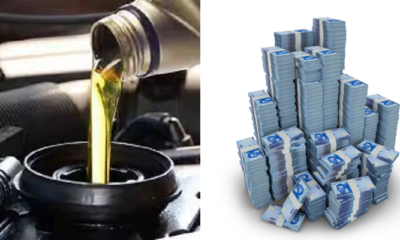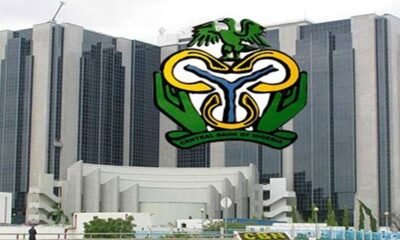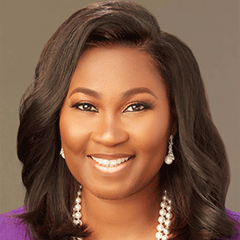Business
Here Are The Items Driving Inflation In Nigeria -CBN

High court of living has remained a major concern in the recent, but do you know the items driving inflation in Nigeria?
Well, latest Inflation Expectation Survey Report from the Central Bank of Nigeria (CBN) has just done that, based on a survey of businesses and households.
The apex bank listed exchange rate, transportation cost, and inflation rate itself among the top five items driving inflation in Nigeria based on perception by Nigerian businesses and households.
This submission which covers the month of April 2025, also provides a close-up on each of the listed items and their contribution to the economic problem. We x-ray these inflations drivers below:
- Energy (PMS, diesel, electricity)
Leader in the items driving inflation in Nigeria is energy prices, including petrol, diesel, and electricity. A whopping 91% of respondents cited it as a major driver of inflation in the country.
Nigerians have been grappling with increased fare tariffs on all routes, ranging from 80 to sometimes 200 %.
The impact is usually felt across all other prices given the centrality of energy to economic activities. Fuel prices were within the range of N870 and N920 per liter, within the period under review, and capitalist-oriented transporters usually cash in on that to fleece customers.
- Exchange rate
The exchange rate of the naira was identified as another factor driving prices in the country. Unfortunately, the Naira value has continued to remain a source of concern appreciating some times, and depreciating at other times.
READ ALSO: Nigerian Banks Under Pressure Over Fresh Recapitalisation Calls
READ ALSO: High Cost Of Living: DSS Reveals Those Encouraging Nigerian Students To Protest
It is considered the second most influential factor on the list of items driving inflation in the country. Outside of the survey, sentiments are high that the exchange rate actually set the tone for all other prices. However, the Naira had stabilized between N1,589/$1 and N1,605/$1, but accounts for 87.8% of respondents’ inflation perception.
- Transportation Costs
All the different means of transportation in the country have received upward mark in their prices in the recent, and these include, road, air water and rail transportation. Also affected by energy prices, they collectively are ranked third in the survey. Transportation with 86.7% is one of the items driving inflation in Nigeria
The removal of fuel subsidies and fluctuating fuel prices have pushed up transportation costs, while additional charges such as toll fees, port handling expenses, storage fees, and cargo insurance have further elevated expenses.
- Interest rate
According to respondents to the CBN polling, interest rate is 4th on the ladder of items driving inflationary trends. It was scored 85.3% by the respondents.
The National Bureau of Statistics (NBS) reported a reduction in headline inflation for April 2025, falling to 23.71% from 33.69% in April 2024.
This represents a year-on-year decline of 9.99%, food inflation being the primary driver.
However, earlier in February, the CBN had maintained interest rates at 27.5% drawing divergent responses.
- Insecurity
Of course, with increasing threat to lives and property, security preparedness has remained a top priority in the spending agenda of individuals and corporate organisations. Aside the North-east of the country the South-west, Southeast and indeed south-south have all been having their shares of security threats and real infractions for some time now.
READ ALSO: Cash Transfers: Nigerian Households To Share From N4billion
READ ALSO: An Urgent Call To Nigerian Pastors And Entire Christianity
This obviously accounted to why 83.9% of respondents picked security as the 5th most influential factor, driving costs in Nigeria as
Other Interesting Dedications From The Survey
-The survey results show that 48.9% of respondents expect inflation to remain unchanged over the next month, while 35.9% foresee an increase, and 15.3% anticipate a decline.
-Business respondents appeared more conservative, with 55.2% expecting no change in inflation, 31.4% predicting an increase, and 13.4% anticipating a decline.
-36.3% of businesses expect inflation to rise, 38.7% foresee stability, and 25% predict a decrease.
-37.3% of respondents forecast an increase in 6 months,, 31.6% expect price stability, and 31.1% believe inflation would come down




























